The 1920 and 2020 Olympics: Connecting Olympiads 100 years apart
In August 1920, King Albert I of Belgium wore his military uniform as he officially opened the Antwerp Olympic Games. The event was supposed to bring the world together as a marker of peace and recovery from World War I. Instead, the reinstitution of harmony was overshadowed by the flu pandemic of 1918.
A century later, the world is witnessing another Olympics set in the backdrop of a health crisis after being delayed for a year due to the coronavirus pandemic.
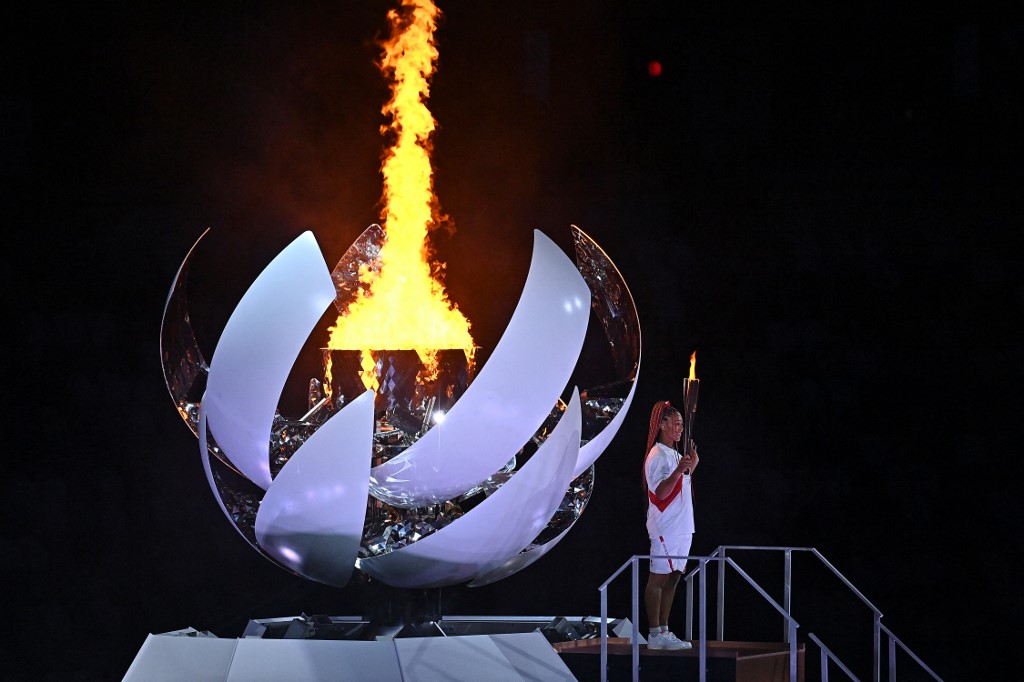
Host country Japan is now poised to mark another potential milestone for the Olympic movement; as a conduit statement that the international community is navigating aptly in the face of COVID-19.
Connecting the past and present
The 2020 Summer Olympics isn’t Japan’s first time hosting the Games. In 1964, perhaps equally facing the same aura of historical pressure, the nation was front and center as they were 19 years removed from their defeat in World War II.
For the most part, it seemed to be the country’s reintroduction to the world, a culmination of technological advancement, and a drastic shift in culture for a former imperial power.
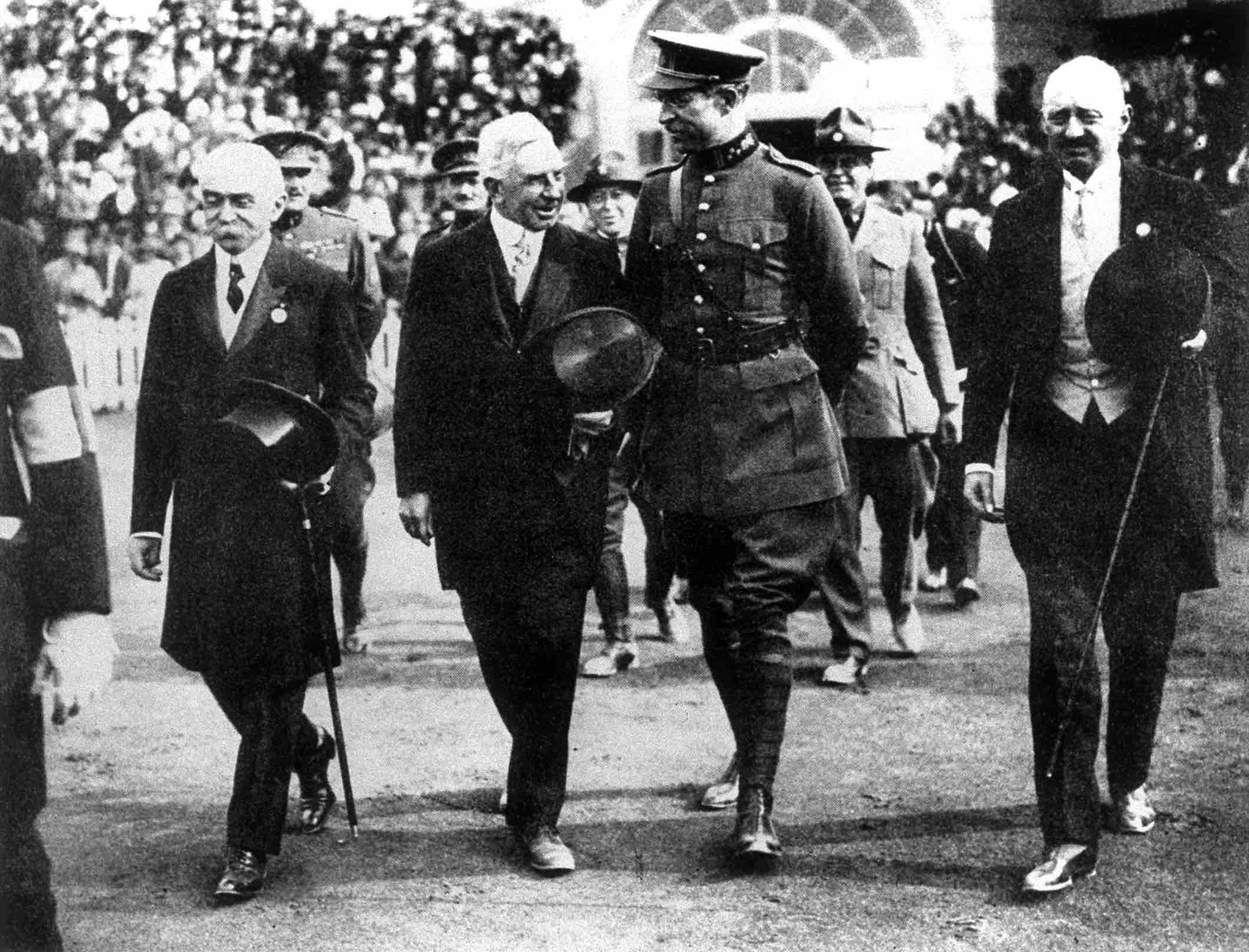
It’s hard to fathom that a country that had two of its cities leveled by the atomic bomb during the Pacific War had unveiled its inaugural shinkansen or bullet train just nine days before the opening ceremony.
Although the 1920 and 2020 Olympics may be 100 years apart, both share two central themes: the hope of an optimistic future and a platform to remember the lives claimed by a pandemic.
Reeling from the impacts of the First World War, the International Olympic Committee (IOC) had decided to postpone the Games back then, which were due to take place in Berlin in 1916. With the war in full swing, the IOC adamantly wanted to remain impartial as most countries involved could eventually turn the purity of competition into an extension of political pursuits.
The IOC awarded the hosting of the 1920 Games to Belgium, an unwilling participant in WWI whose three centuries of neutrality was strong-armed by Germany, who invaded its land in 1914, following King Albert I's refusal to allow German troops passage in his country to attack France.
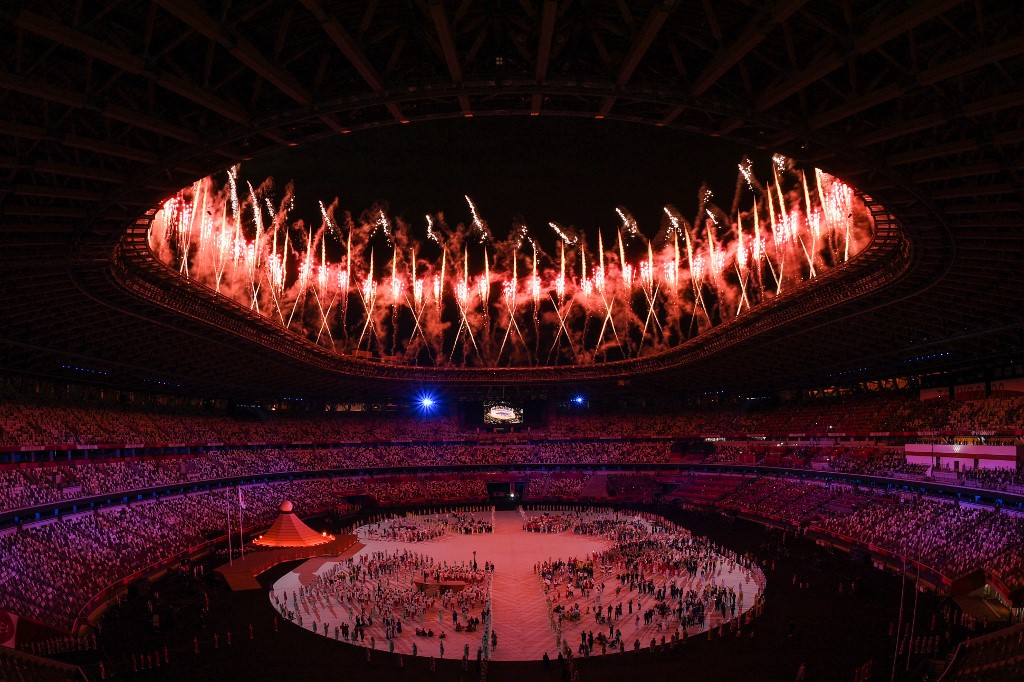
The decision to leave the deliberative state affairs and remain impartial was acted upon by then IOC President Baron Pierre de Coubertin. According to Kate Lindsay, the director of the World War One Centenary project by the University of Oxford, the committee’s verdict to conduct the Games in Antwerp was to honor the people in that city after the atrocities they endured in the war.
Loaded with the world’s wartime predicaments, the King of Belgium proudly met the Olympic officials in his military uniform—a symbol of leadership when he directly took personal command and led Belgian troops in the Siege of Antwerp.
Still, the 1920 Summer Olympics wasn’t filled with grim. Its call for peace perhaps was felt more prominently than it ever did during that time.
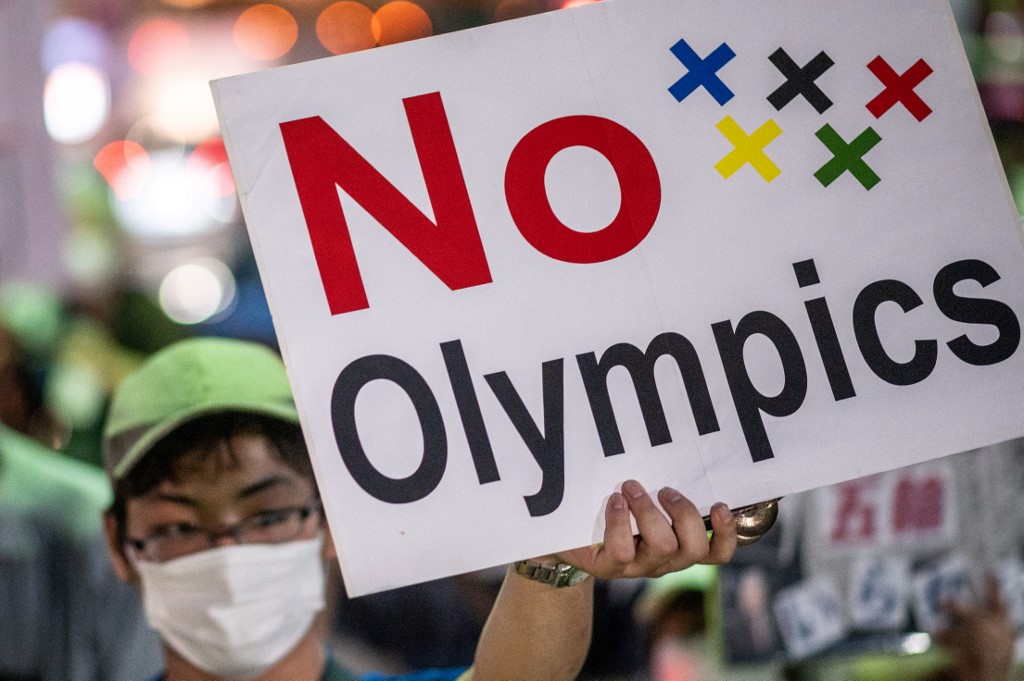
The release of doves, a tradition in succeeding events, was first done in Antwerp. Originally, pigeons were released for practicality since it was a way to signal villagers in an athlete’s hometown that their champion had won an event.
And to cap off the momentous opening ceremonies, Belgium, which was a battleground between the Allied and Central Powers, waved the Olympic flag for the first time containing the five rings that symbolized the continents of the world.
Why is it important for the Olympics to proceed?
The 1918 flu pandemic, for the most part, had already ended by the time of the 1920 Games. It’s completely different for the 2020 Olympics when a definitive finish line to COVID-19 is still largely undetermined.
No one really knows when will this pandemic fully contained, so another postponement or a cancellation altogether was out of the question even as the Japanese expressed concerns earlier this year and continue to protest the Games.
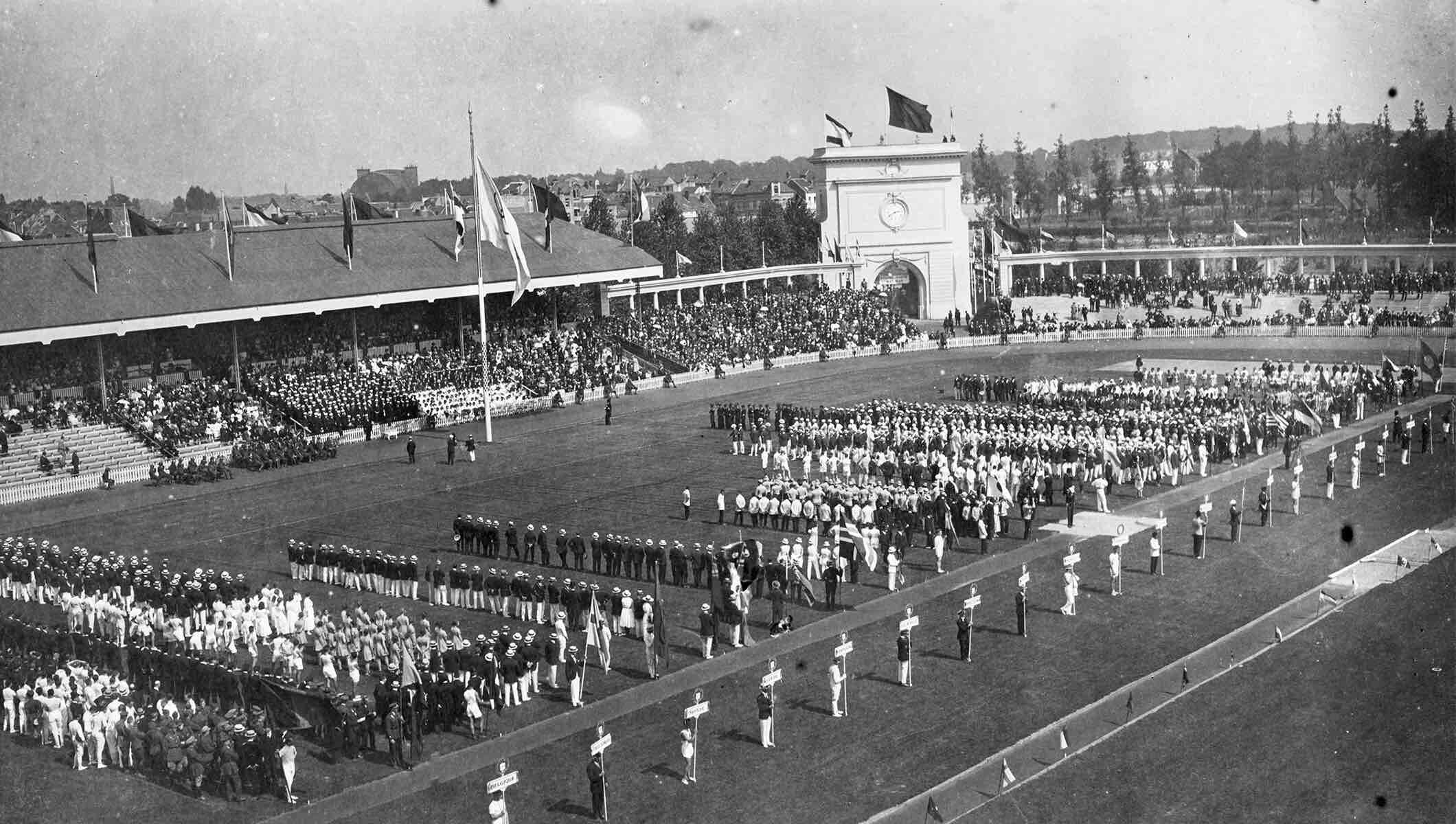
A recent survey conducted by The Asahi Shimbun, one of the country’s largest daily newspapers, revealed that only 14% wanted the Games to continue, 40% said to postpone the event once more, and 43% wanted the games canceled altogether. It seems not too long ago when the Tokyo 2020 organizing committee announced the 3.2 million tickets sold during the first phase of admission back in July 2019.
However, despite the number of pushback domestically and internationally to postpone the Games yet again, the Japanese government was probably acting upon what any country hosting the Games at this tumultuous time would do. Any proud nation would not dare to lose face and stave off the supporters and the core essence of the IOC.
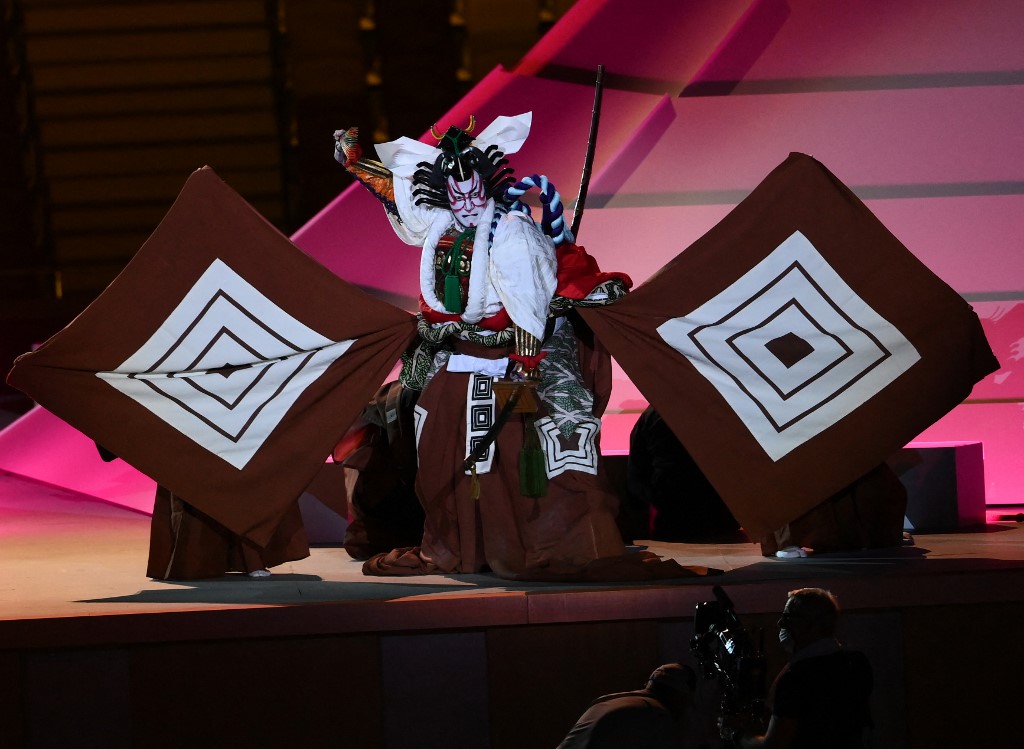
People tend to look at the numbers, and as it stands, the criticism of this becoming a super-spreader event speaks for it, with over 11,000+ athletes set to take to the venues in addition to the 79,000 overseas officials, journalists, and support staff that cover the event.
Much like in 1920, the Games were supposed to symbolize a recovery from the war, but history had other plans. In 2020, Japan’s then Prime Minister Shinzo Abe described the second Summer Olympics in their country as a representation of his people’s triumph over the strongest earthquake ever recorded in its history in 2011.
When Japan hosted the 1964 Olympics, it symbolized the country’s ambition towards modernization. They did just that with most of those infrastructures that have become identifiers of Japan’s rise as a global power. Today, both events will stand as a marker and platform for human recovery, vindication in amply handling this pandemic.


